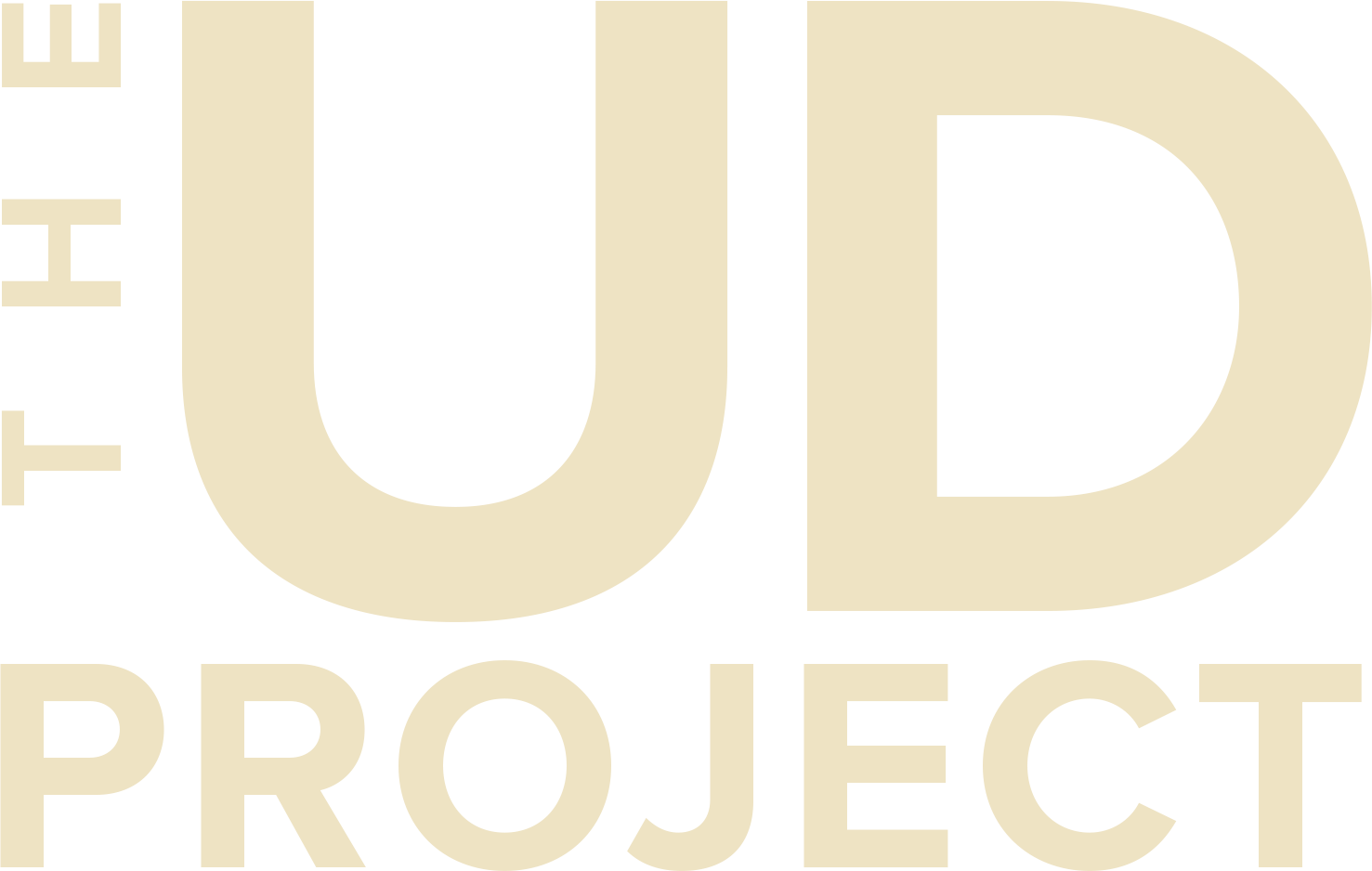Hannah Hoyt takes a deep dive into a number of issues related to the costs of multifamily housing in her newly-published report with Harvard’s Joint Center for Housing Studies, More for Less? An Inquiry into Design and Construction Strategies for Addressing Multifamily Housing Costs. It’s worth a read.
There’s a lot to talk about, but I’d like to draw attention to her 4 summary points about why building costs are rising:
(1) Land costs, especially in some metropolitan areas, are prohibitively expensive.
(2) Skilled construction workers are scarce, leading to unpredictable labor costs. Well-intended regulations are adding new costs to already tight proforma.
(3) Few design elements are standardized and project teams change frequently, making it hard to carry lessons learned from one multifamily project to another.
(4) While many architects, developers and contractors are eager to explore new materials or building processes (such as pre-fabrication, cross-laminated timber, or integrated project delivery) that might reduce costs or save time, tight margins and short timelines limit effective experimentation.
Hannah Hoyt, 2020
More for Less? An Inquiry into Design and Construction Strategies for Addressing Multifamily Housing Costs
Affordability is an important variable in the quest for widespread adoption of universally accessible housing (regardless of if it’s single-family or multi-family). Ignoring these issues is a bad idea. So how do we approach them?
Generally speaking, the first step is to identify what we (as an organization) can control. Out of the 4 points above, only the last 2 are things that we have the ability to do anything about. This means that we can’t solve every problem, which is okay.
I won’t make any conclusive declarations about how this will affect our work moving forward, but it’s really helpful to think through. This report is likely one I’ll be referring back to in the near future.
If you have any thoughts, leave a comment below or strike up a quick conversation on Twitter: @theUDproject.

Leave a Reply